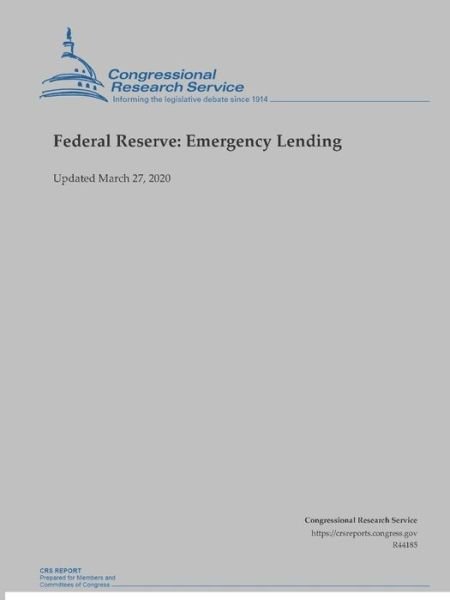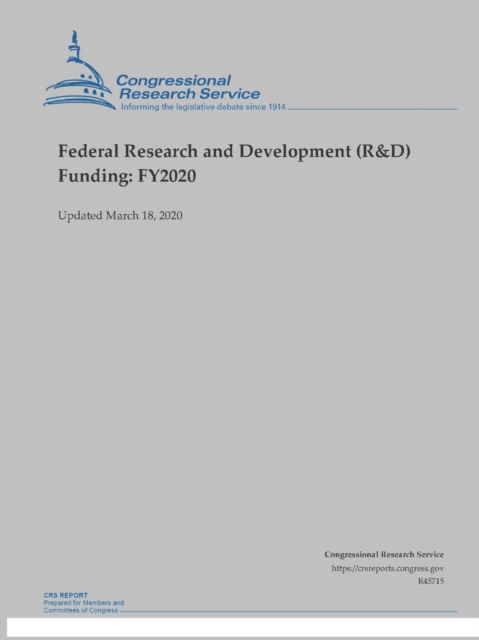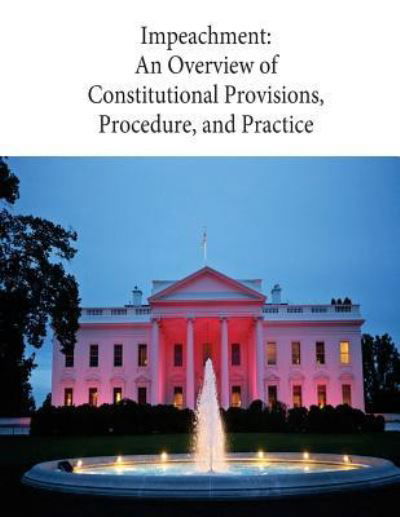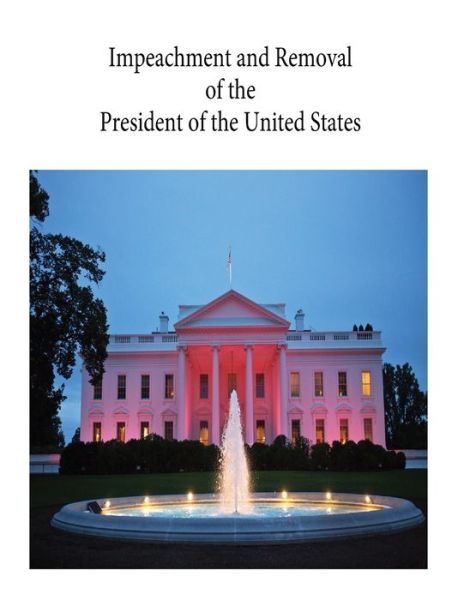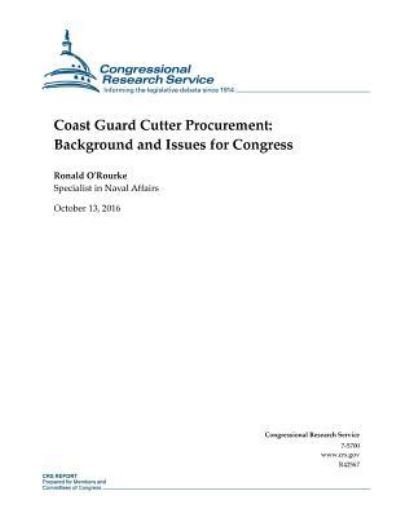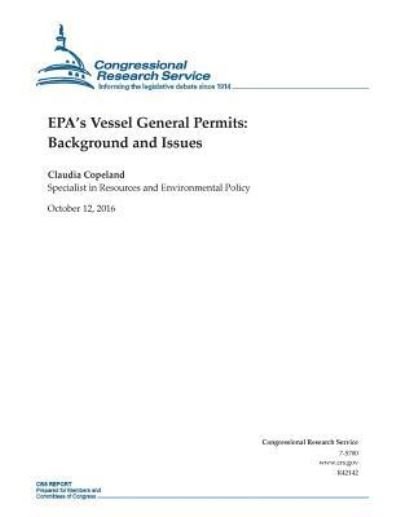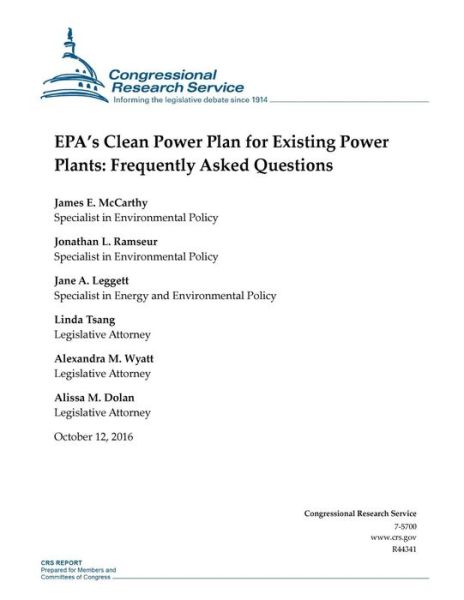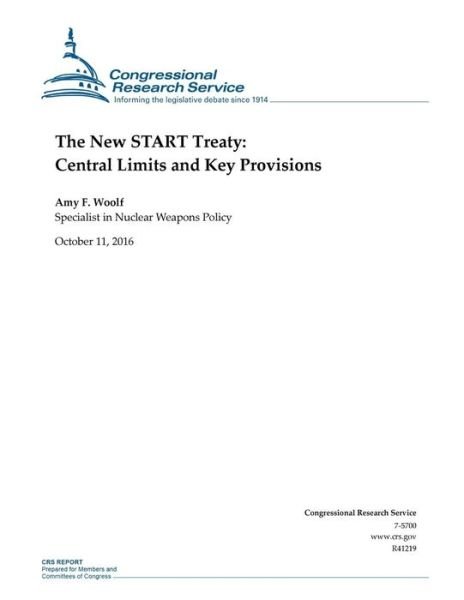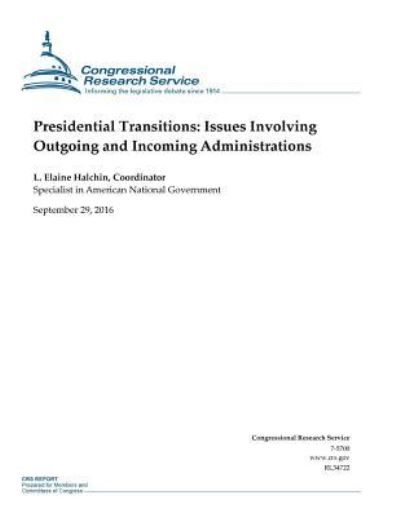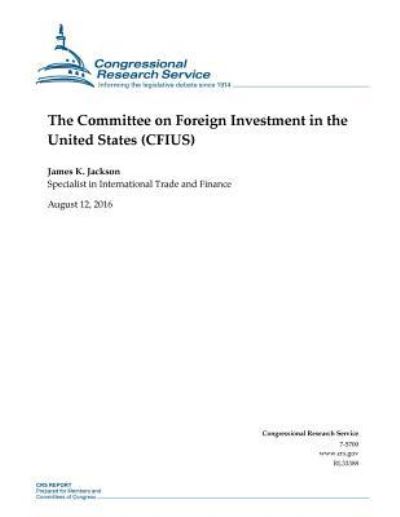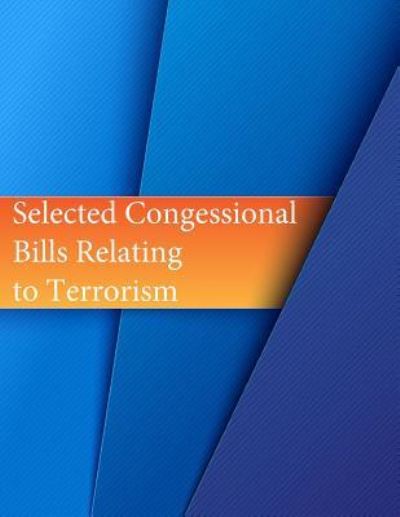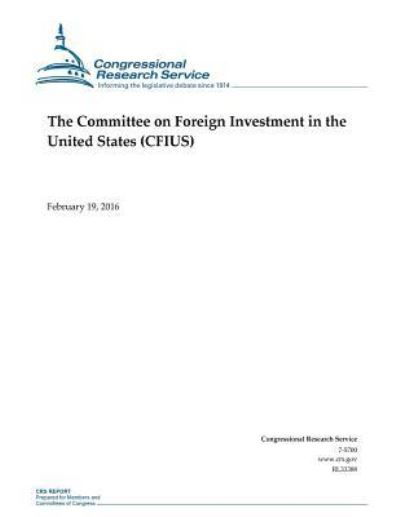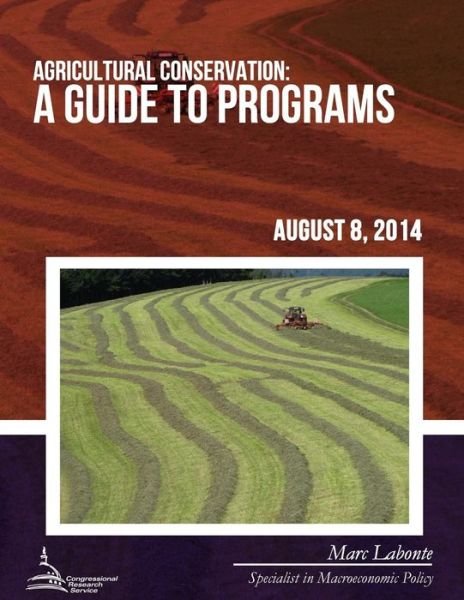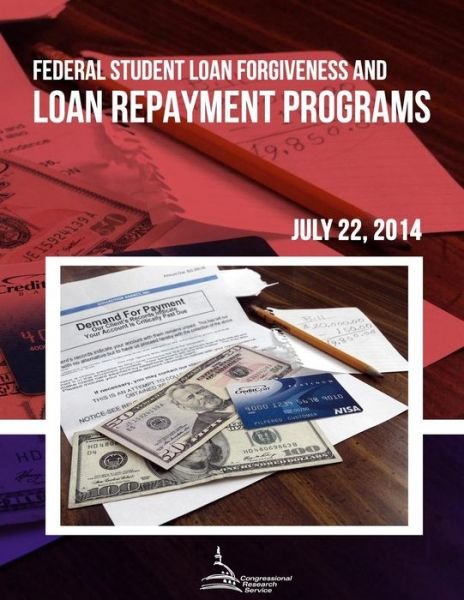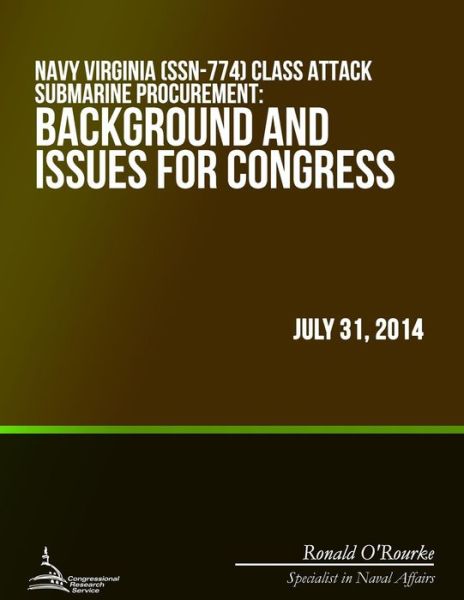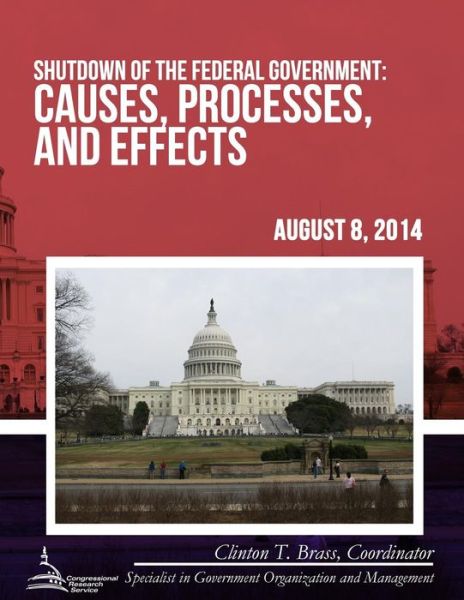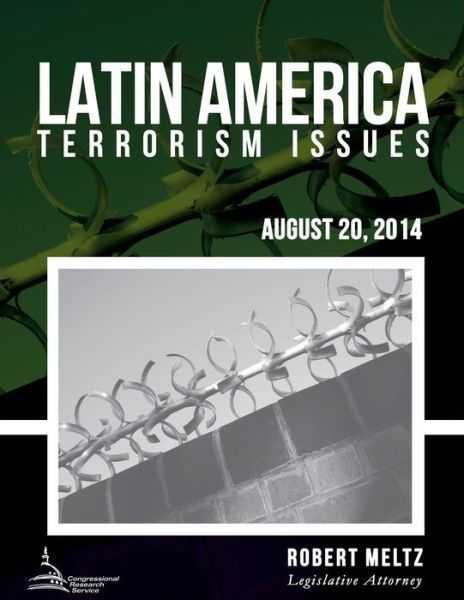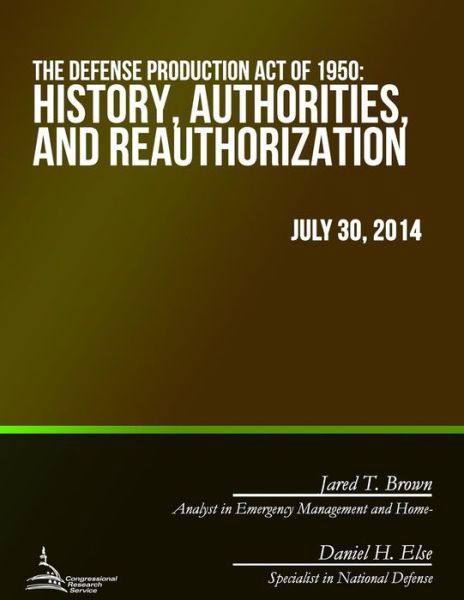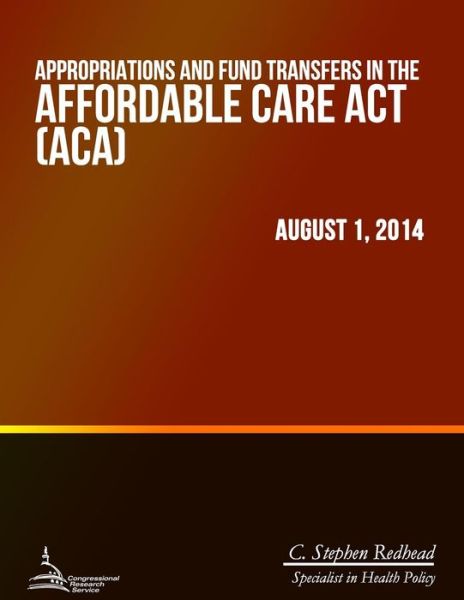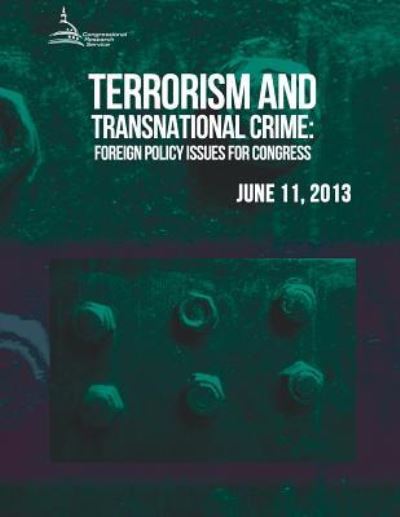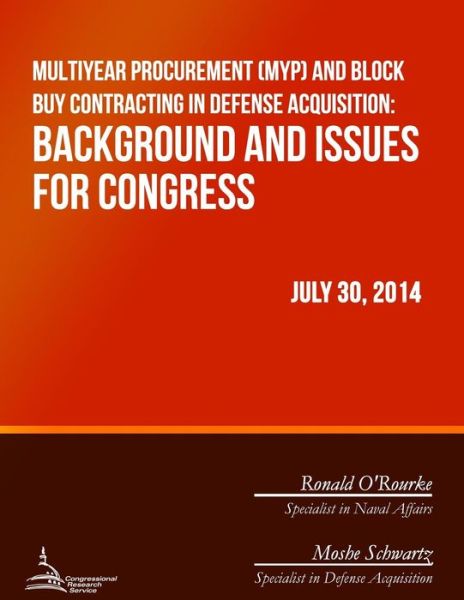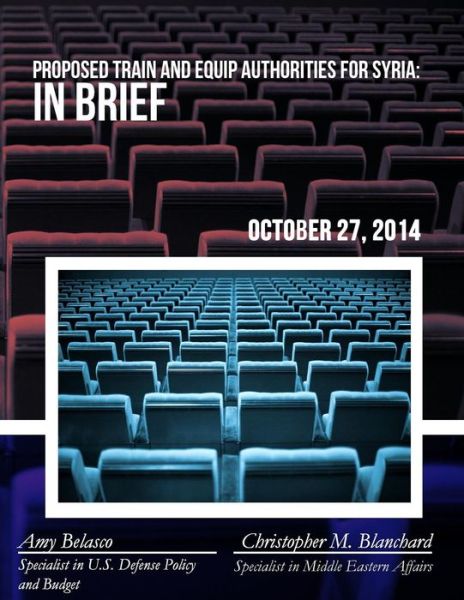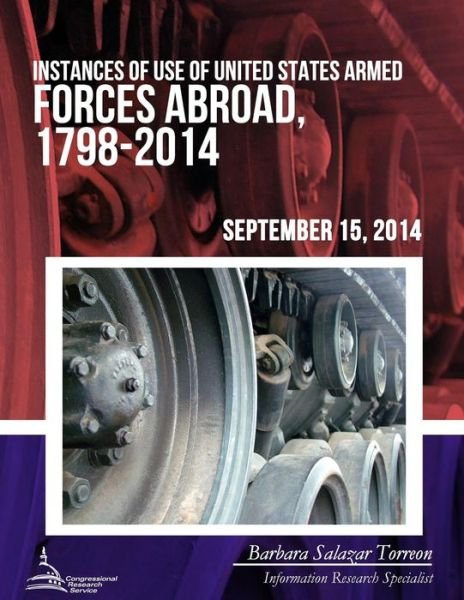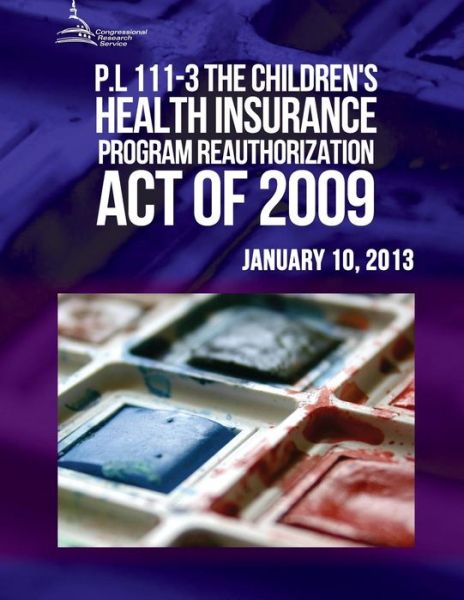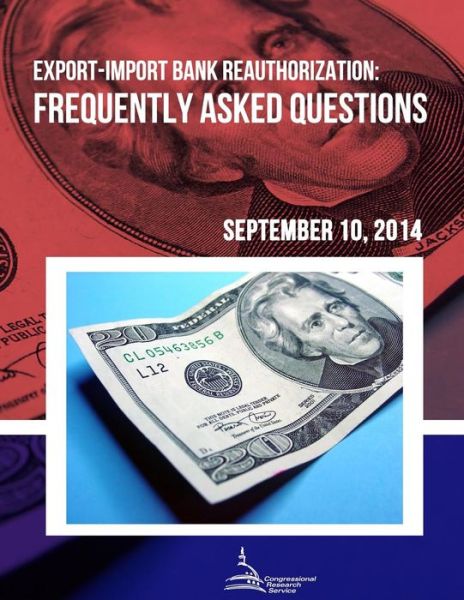
Tell your friends about this item:
Justice Anthony Kennedy
Congressional Research Service
Justice Anthony Kennedy
Congressional Research Service
On June 27, 2018, Justice Anthony M. Kennedy announced that, effective July 31, 2018, he would retire from active service as an Associate Justice on the Supreme Court of the United States. His decisive role on the Court, particularly since the Roberts Court era began in 2005, cannot be overstated. The Roberts Court era has witnessed the Court issue a number of landmark rulings, many of which have involved matters where the sitting Justices were closely divided. Justice Kennedy typically voted with the majority of the Court in such cases. Since the October 2005 term that marked the beginning of the Roberts Court, Justice Kennedy voted for the winning side in a case more often than any of his colleagues in 9 out of 12 terms. Unlike several other Justices on the Court, Justice Kennedy did not necessarily subscribe to a particular judicial philosophy, such as originalism or textualism. Instead, Justice Kennedy's judicial approach seemed informed by a host of related principles. First, Justice Kennedy's views on the law were often grounded in concerns for personal liberty, particularly freedom from government interference with thought, belief, expression, and certain intimate conduct. His emphasis on liberty manifested itself in a range of opinions he wrote or joined during his tenure on the Court, including on issues related to free speech, religious freedom, and government policies concerning same-sex relationships. Second, the structural protections of the Constitution-i.e., restraints imposed on the federal government and its respective branches by the doctrines of federalism and separation of powers-also animated Justice Kennedy's jurisprudence. For Justice Kennedy, separation of powers was a "defense against tyranny," and he authored or joined a number of Court opinions that invalidated on separation-of-powers grounds intrusions on the executive, legislative, or judicial functions. Likewise, during the Rehnquist Court and Roberts Court eras, Justice Kennedy joined several majority opinions that recognized federalism-based limitations on the enumerated power of the federal government, established external limitations on Congress's legislative powers over the states, and reaffirmed protections for state sovereignty. Third, Justice Kennedy's jurisprudence was undergirded by his view that the Court often has a robust role to play in resolving issues of national importance. With Justice Kennedy casting critical votes, over the last 30 years the Court has reasserted its role in a number of areas of law in which it was previously deferential to the judgment of the political branches. Given Justice Kennedy's outsized role on the Roberts Court, whoever succeeds him could have an important influence on any number of areas of law. In particular, Justice Kennedy's votes were critical to the outcome of numerous Court decisions on matters relating to abortion, business law, civil rights, the death penalty, the regulation of elections, eminent domain, the environment, federalism, the First Amendment, gun rights, immigration, national security, oversight of the administrative state, and separation of powers. Accordingly, Justice Kennedy's jurisprudence in these areas-particularly in cases where he was the deciding vote-may be especially relevant to the Senate as it determines whether to approve the President's nominee to replace the soon-to-be-retired Justice. On July 9, 2018, President Trump announced the nomination of Judge Brett M. Kavanaugh of the U. S. Court of Appeals for the District of Columbia Circuit (D. C. Circuit) to- fill the impending vacancy on the Supreme Court caused by Justice Kennedy's scheduled retirement. CRS reports analyzing Judge Kavanaugh's jurisprudence on particular areas of the law, as well as a tabular listing of lower-court decisions in which he authored opinions, are in preparation.
| Media | Books Paperback Book (Book with soft cover and glued back) |
| Released | July 21, 2018 |
| ISBN13 | 9781723252778 |
| Publishers | Createspace Independent Publishing Platf |
| Pages | 74 |
| Dimensions | 216 × 279 × 4 mm · 195 g |
| Language | English |
More by Congressional Research Service
See all of Congressional Research Service ( e.g. Paperback Book and Book )

 Christmas presents can be returned until 31 January
Christmas presents can be returned until 31 January


